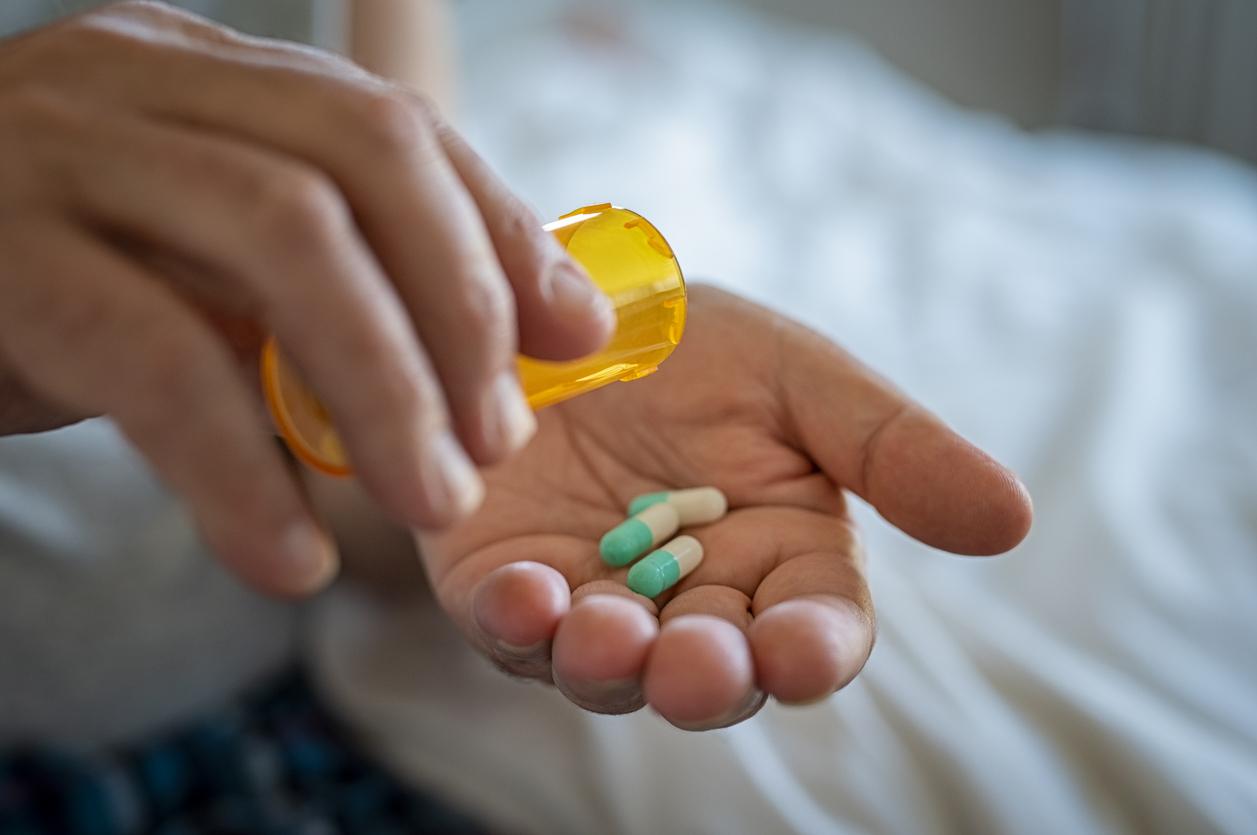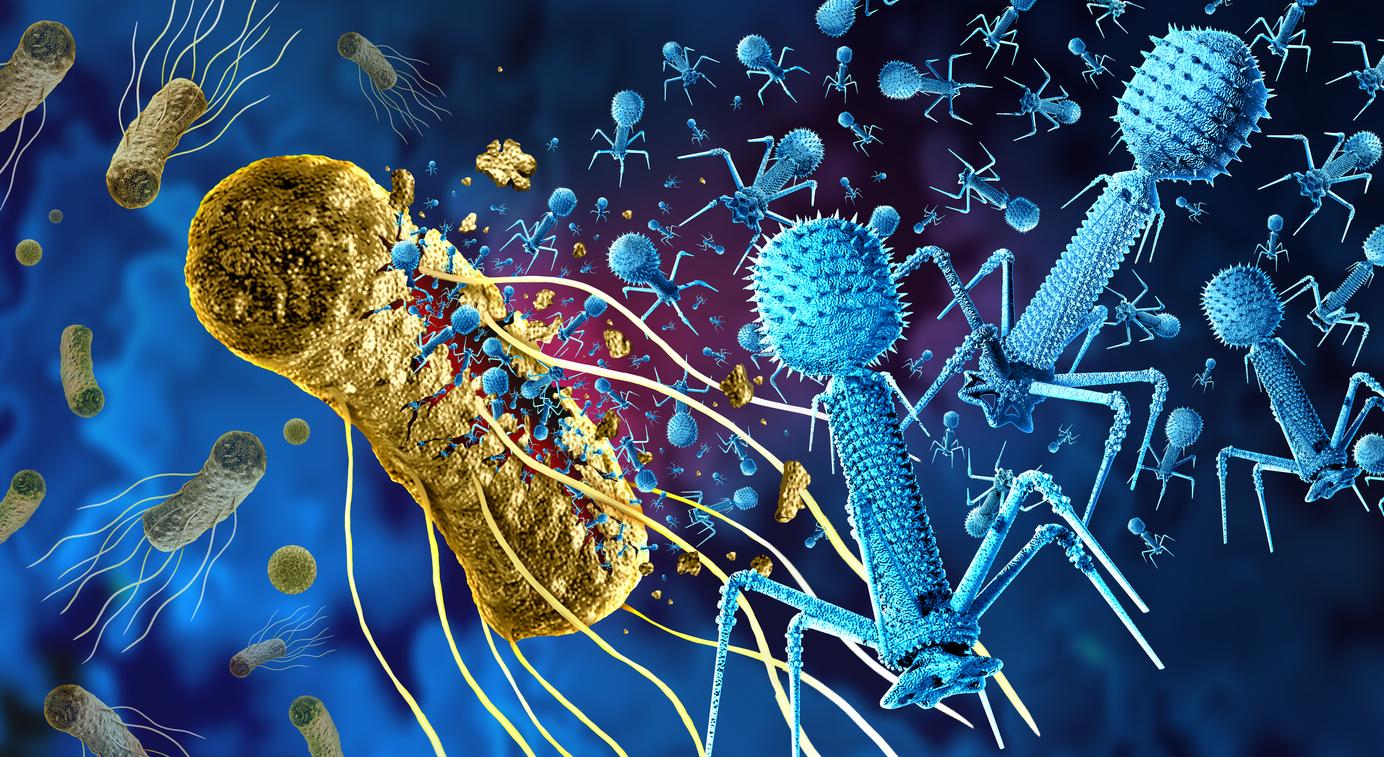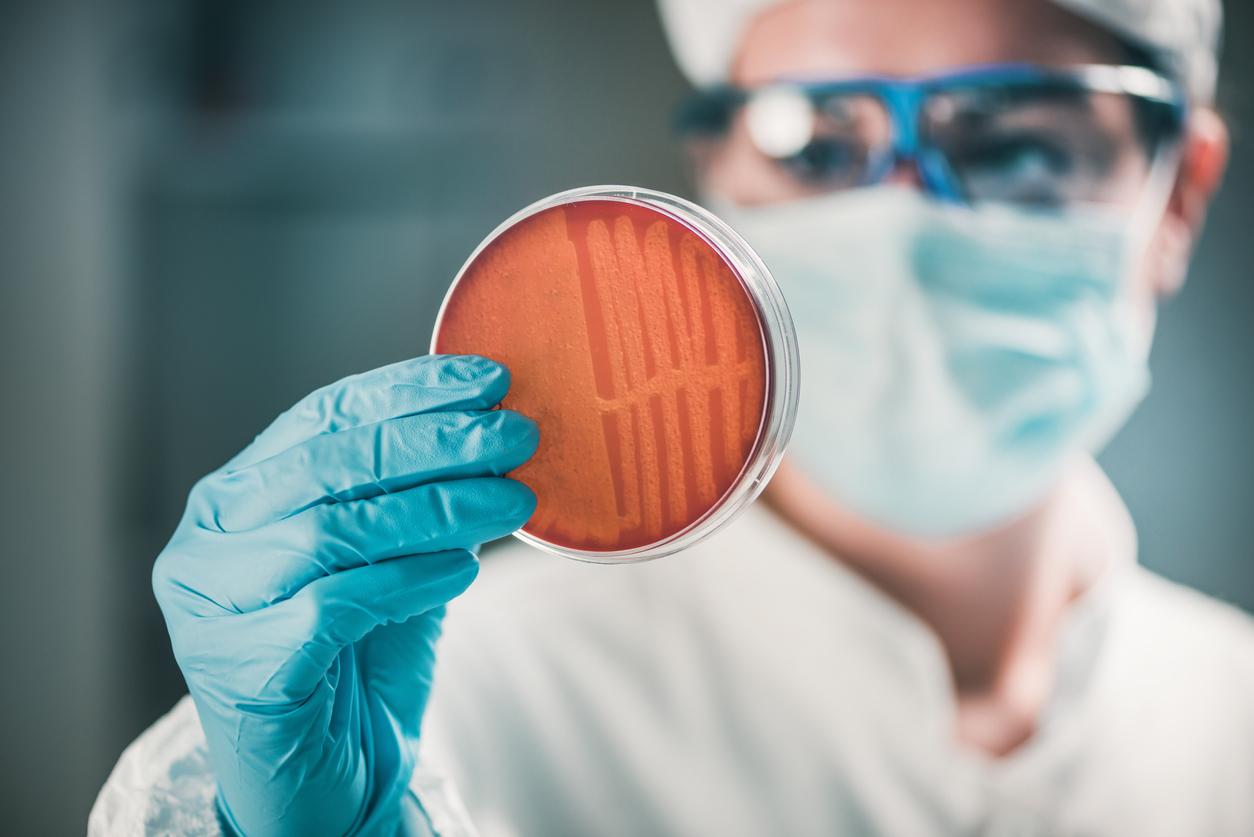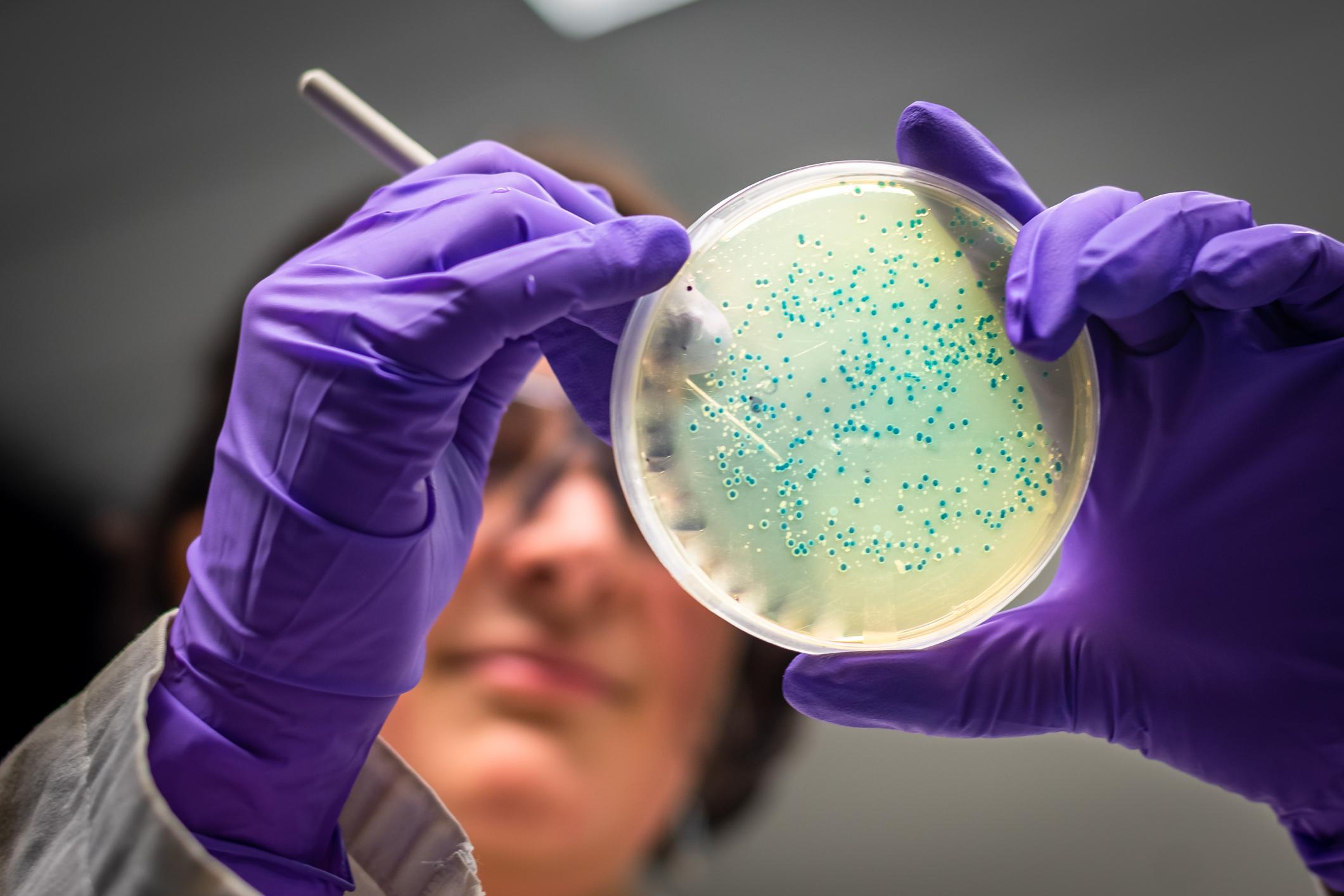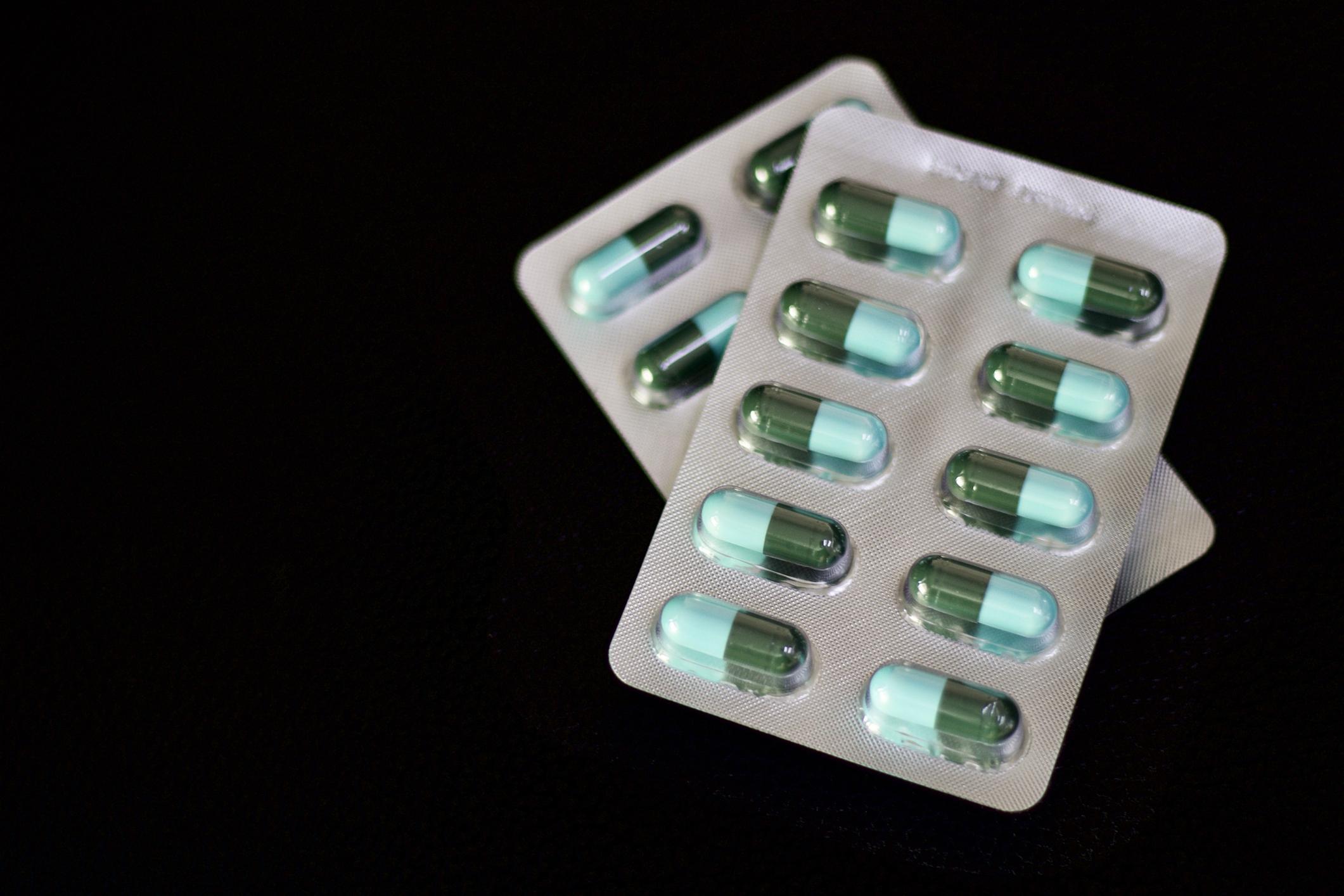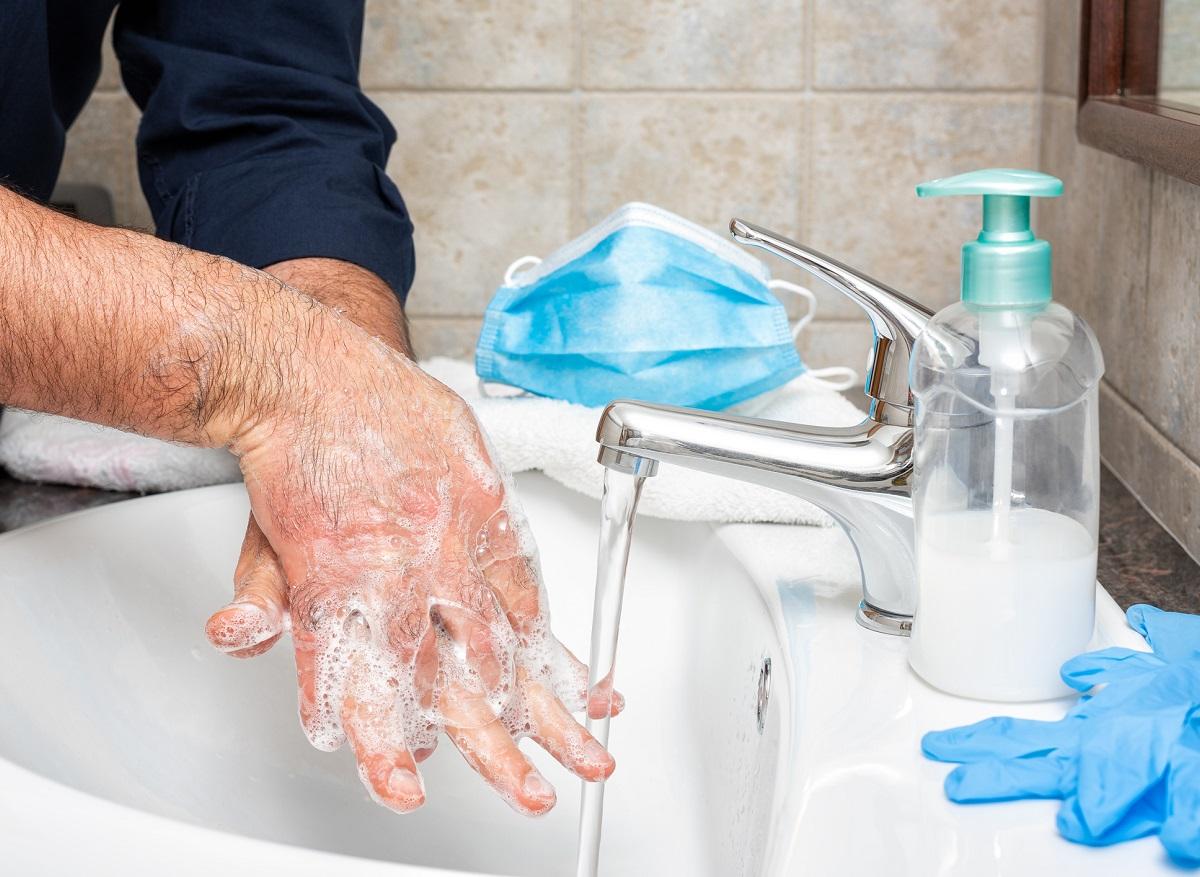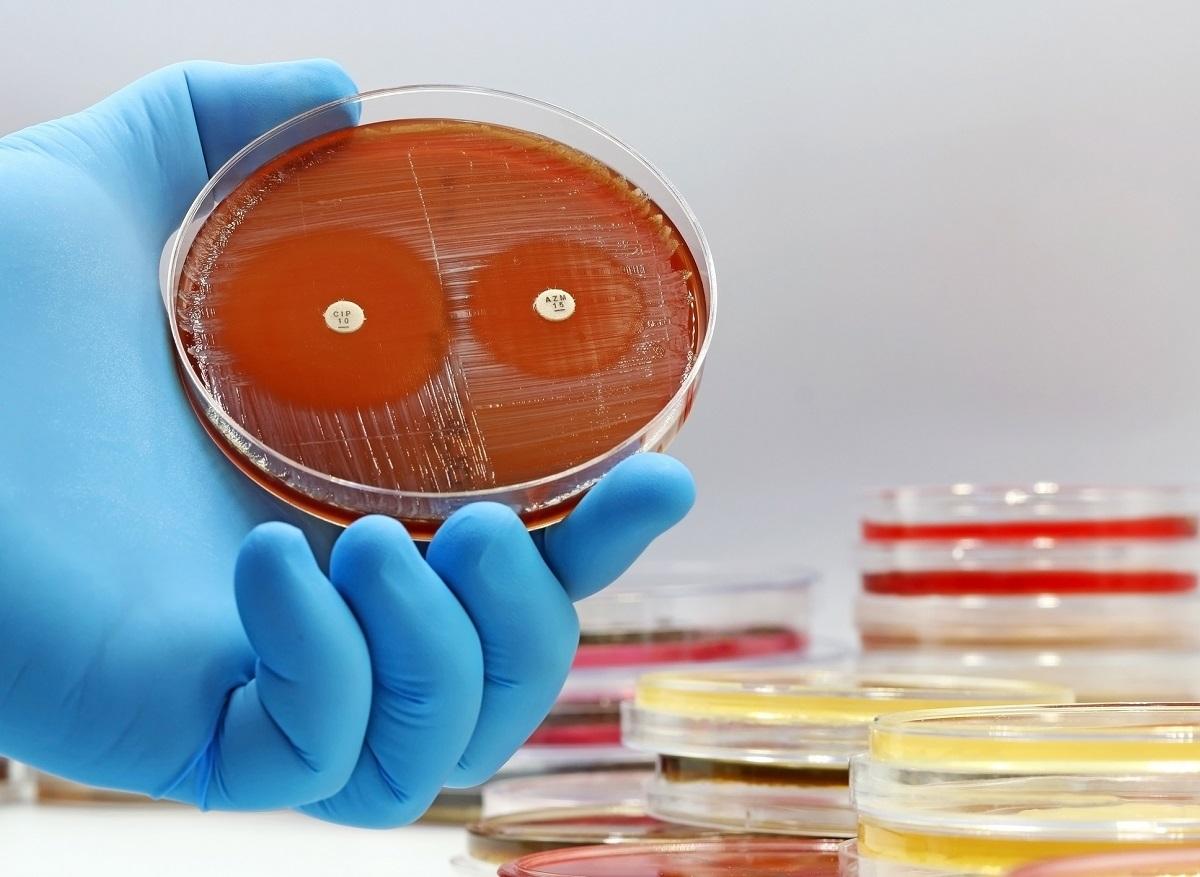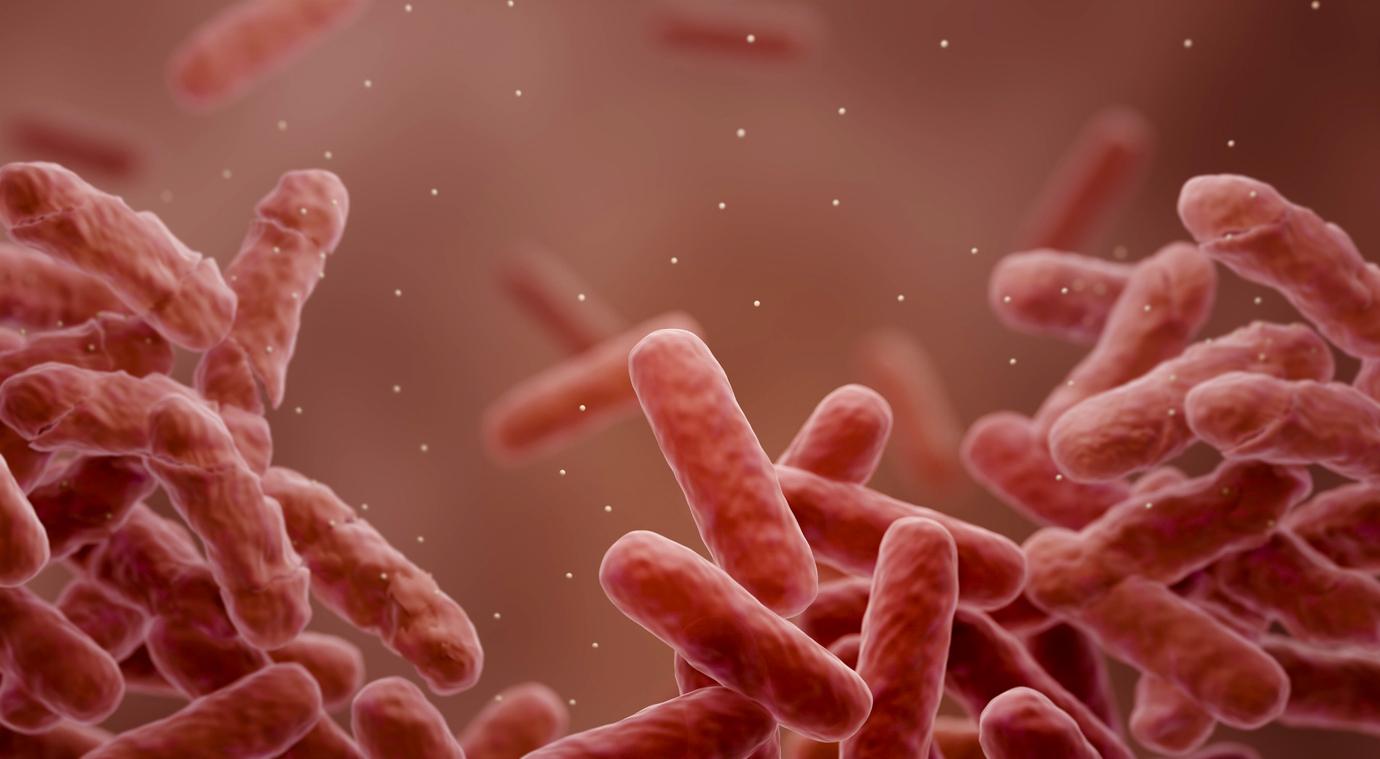For its 9th edition of World Hand Hygiene Day, WHO wants to educate the population to stop the spread of resistant bacteria.
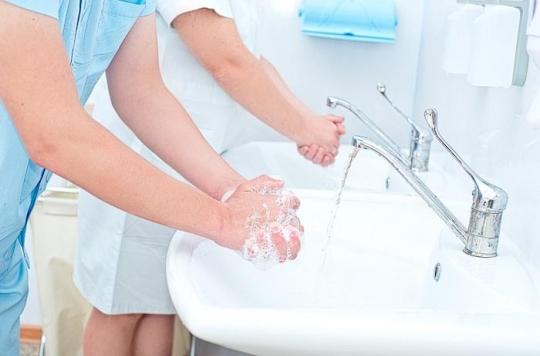
“Fighting antibiotic resistance, it’s in your hands”. With this slogan disseminated on the occasion of World Hand Hygiene Day, the World Health Organization (WHO) hopes to mobilize the world population, and in particular caregivers, around this gesture.
“Hand hygiene concerns all healthcare professionals, patients and their families, regardless of the care provided, the place and the circumstances in which it is provided. It contributes to quality universal health coverage, ”recalls the WHO.
Better than that, hand washing can save lives. Since the launch of these awareness campaigns in 2009, the WHO estimates that millions of deaths attributable to nosocomial infections have been prevented.
In the early 2000s, Professor Didier Pittet, head of the infection prevention and control service at the University Hospitals of Geneva (Switzerland), showed that these healthcare-related infections fell from 16.9% to 9.9% in just 4 years in his hospital. A significant reduction obtained in particular thanks to the elimination of Staphylococcus aureus methicillin resistant.
Careless caregivers
But such progress can only be made if caregivers comply with the practice of routine handwashing. However, 70% of health professionals and 50% of surgical teams in the world do not go through this essential step, deplores the WHO.
In France, surveys have shown that one in five nurses do not disinfect their hands before placing a catheter in a patient, and one in ten would not wear gloves. However, it has been established that this medical procedure is the source of numerous nosocomial infections in hospitals.
A matter of common sense
This is precisely one of the subjects at the heart of the new thriller Resistant by Thierry Crouzet (Ed. Bragelonne). Its main character, a young medical student, has the annoying habit of painting her nails. And in order not to destroy her works of art, she refuses to use hydro-alcoholic solutions. “It is because of negligence like yours that bacteria manage to roam the four corners of the world,” launches one of the leading specialists in antibiotic resistance. After going to the bathroom, a patient does not wash his hands, he touches a doorknob, a doctor opens the door and becomes infected, then he shakes the hand of a colleague from another establishment and the contamination travels », She describes.
A hellish journey responsible for hundreds of millions of nosocomial infections each year around the world. In Europe alone, the WHO identifies 25 million per year. So many (too) many patients need antibiotics. But with each prescription, the bacteria arm themselves against our drugs and resist more and more effectively. “We must prevent them by starting by being irreproachable in terms of hygiene,” resumes the professor of infectious diseases. The best way to reduce resistance to antibiotics is to avoid infections and therefore antibiotic treatment ”.
Common sense that the WHO hopes to infuse once again in hospitals.
How to properly wash your hands.
You can learn to clean your hands well. And whatever the way, hydro-alcoholic gel or classic soap, it takes time.
The World Health Organization recommends washing hands with soap and water when they are “visibly soiled”. After having rubbed your palms together, insist on the spaces between the fingers and the nails, then rinse thoroughly. Hand washing should take between one and two minutes to be done properly.
The actions will be the same for hydro-alcoholic solutions. But thanks to its antimicrobial properties, washing can take anywhere from 30 seconds to a minute.
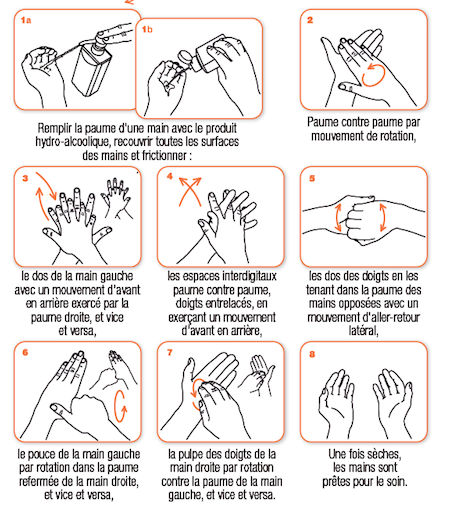
In 2001, the National Technical Committee for Nosocomial Infections recalled that friction with these solutions should replace hand washing for all caregivers. The latter must carry out this before and after having touched a patient, immediately before providing care, after having been in contact with a biological fluid and after having been in contact with the patient’s environment. These 5 indications are prescribed by the WHO.
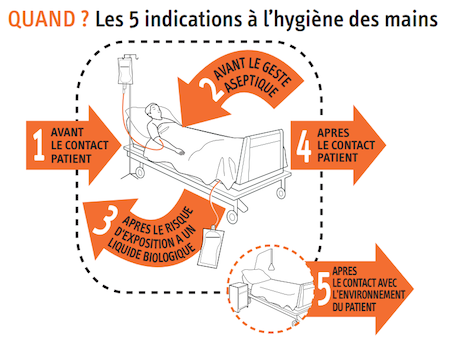
.









